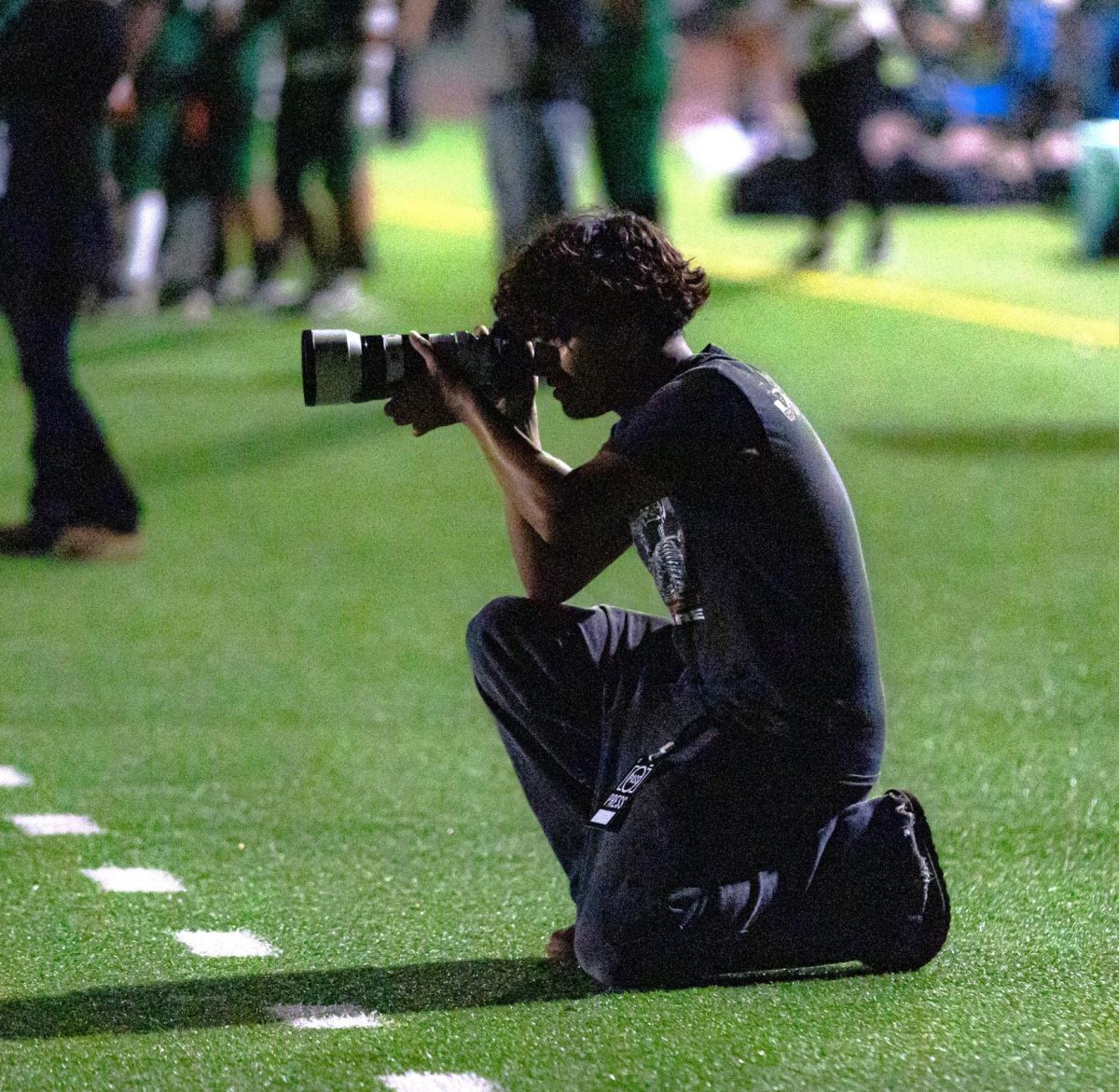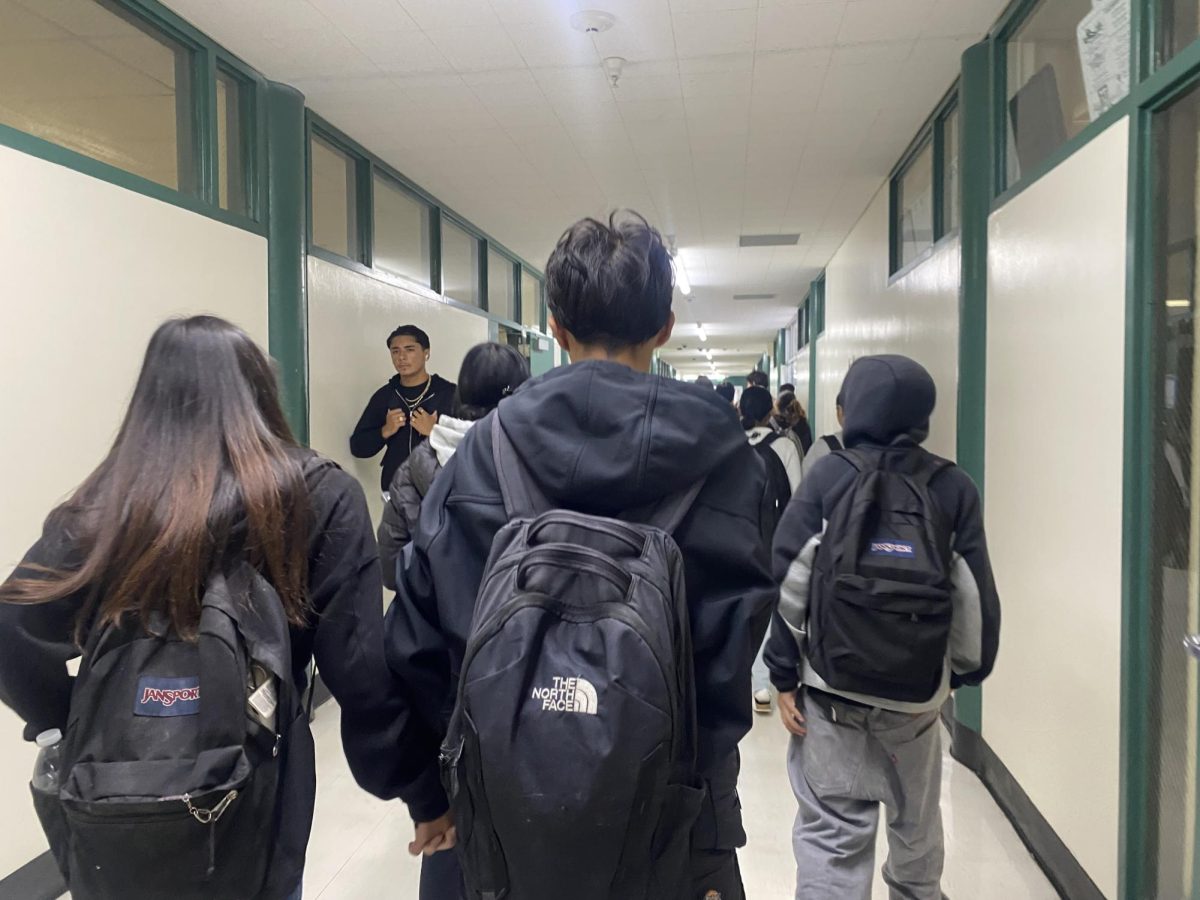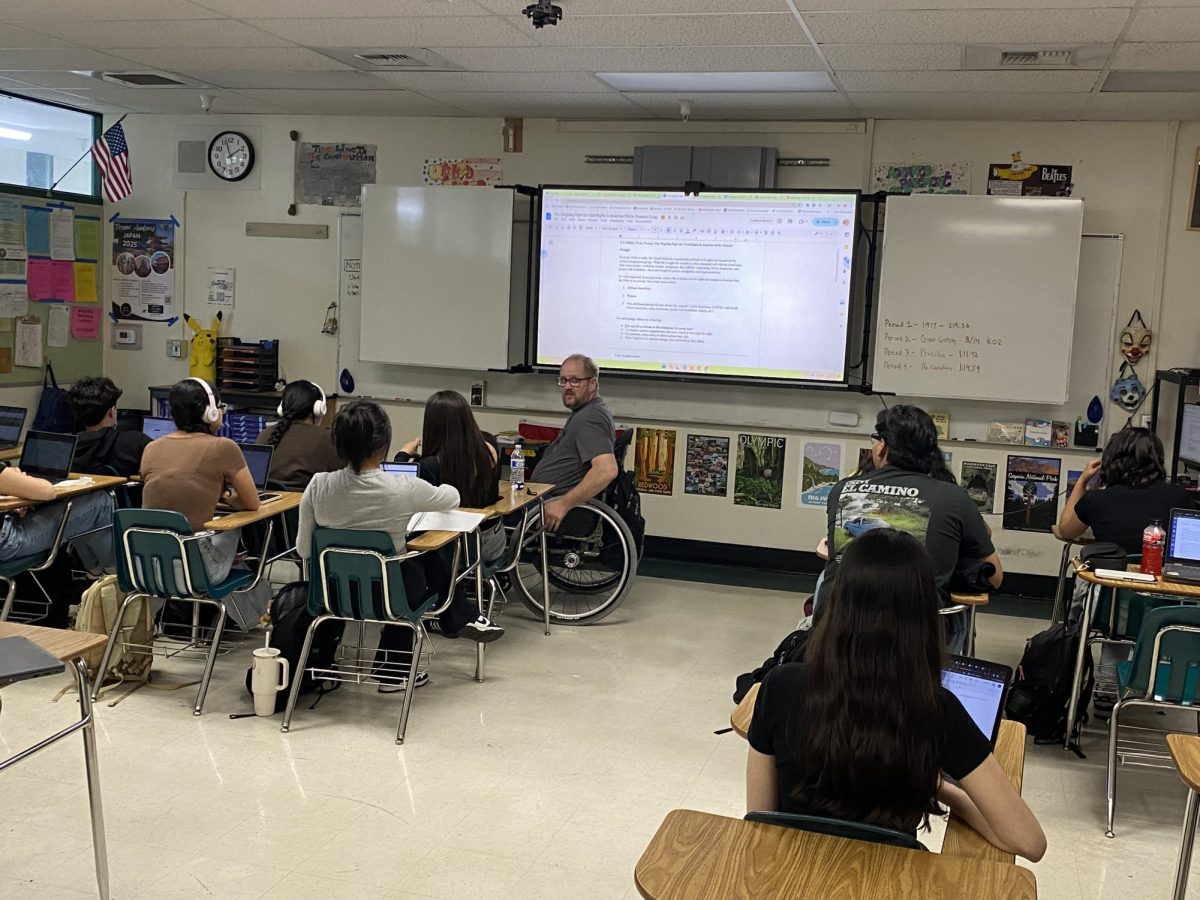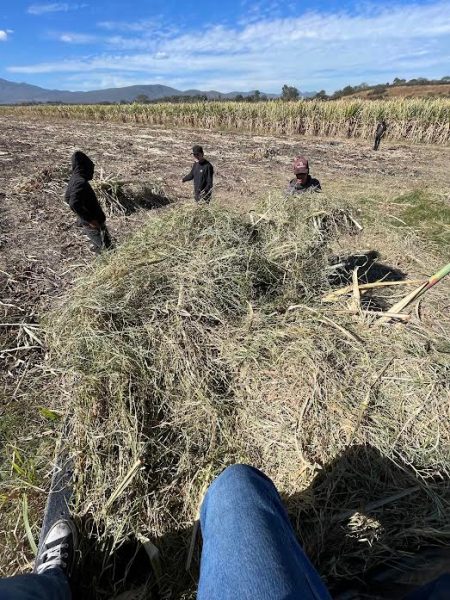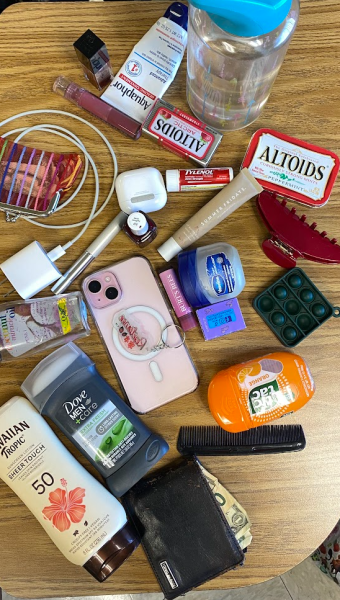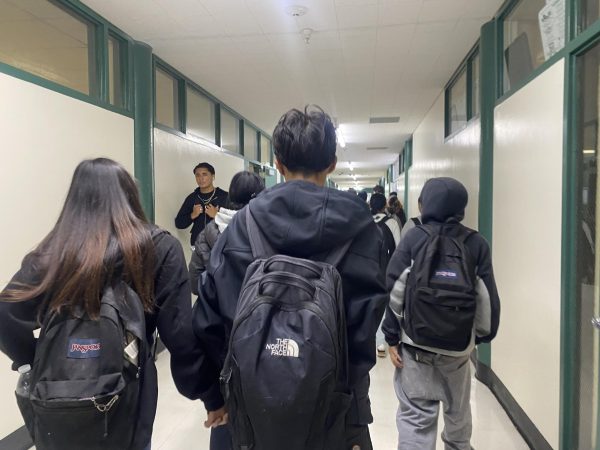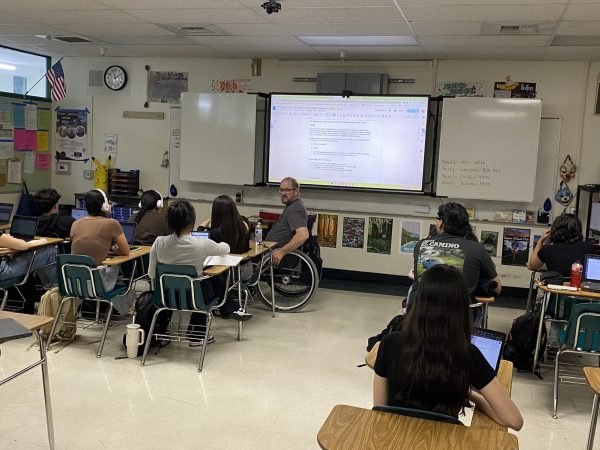Worthless Time
Detention. Teachers see it as a form of punishment for students who misbehave or are tardy; students see it as a bore and a pain in the butt.
In real life there are other consequences for being late or breaking rules, like losing your job or getting kicked out of college, but those things aren’t allowed here.
In three years, I had never had detention, but on August 22nd, I served my first one. Before then, I thought detention was something that was strictly enforced and with many rules to obey. After serving detention, I realized that lunch detention is a waste of time.
The Alisal Student Handbook states on page five, “Students can be assigned to the detention center by an administrator due to a discipline referral. Students in the detention center need to follow the rules that are posted and listen to the detention supervisor.” Most of the students who have detention however, are not following the rules or listening to the detention center supervisor.
As soon as you walk into the dark Mullin’s Theater, the first thing you are told to do is sit separately from your peers. You would think this would be a rule enforced to avoid talking amongst friends. However, not one soul in the theater followed this rule. All over the theater there was chatter and laughter.
You would think there would be no electronics allowed, yet you’d be wrong. The students’ faces are illuminated by bright screens in the dark surroundings. Yes, these students might be keeping quiet as they are being told to do so, but is this really a punishment considering the fact that they are enjoying the pleasure of using their smart phones? Furthermore, with everyone having chromebooks, it’s even harder for supervisors to control the students’ use of technology.
Francis Margaret Suarez, the detention specialist, worked to enforce one of the rules- silence. She constantly attempted to shush the thirty to forty students she had to supervise on the day that I received detention. Suarez finally told them, “Be quiet or we’re going to stay here a little bit longer.”
She believes a better punishment would be a request for longer lunch detention which would make students realize the accountability for being late to class or after school detention because it would hurt them more.
From my perspective, after school detention would be a more reasonable form of punishment for students. Some students aren’t bothered by the thought of losing part of their lunch to serve detention. A lot of students at Alisal are motivated to do well in school to be able to do sports and clubs. If these students had to serve detention after school in place of going to practice or a club meeting, then fewer students would be tardy or it would hurt them as Suarez says.
However, not all students are involved in sports or clubs in school. These students wouldn’t mind having detention at all. If these students were to clean up trash from the inner court or helping out the janitors in school, then they might not be late either.
I believe that if instead of having detention our students had to clean school, it would improve our school environment. Some things students could do are pick up trash from the inner court, janitorial services, clean windows, tend the gardens in the hallways, or clean the room of the teacher they were late to. These forms of assistance is time better spent than in a dark room, missing class, chatting with friends, or being on phones and chromebooks during lunch.
Your donation will support the student journalists of Alisal High School. Your contribution will allow us to purchase equipment and cover our annual website hosting costs.


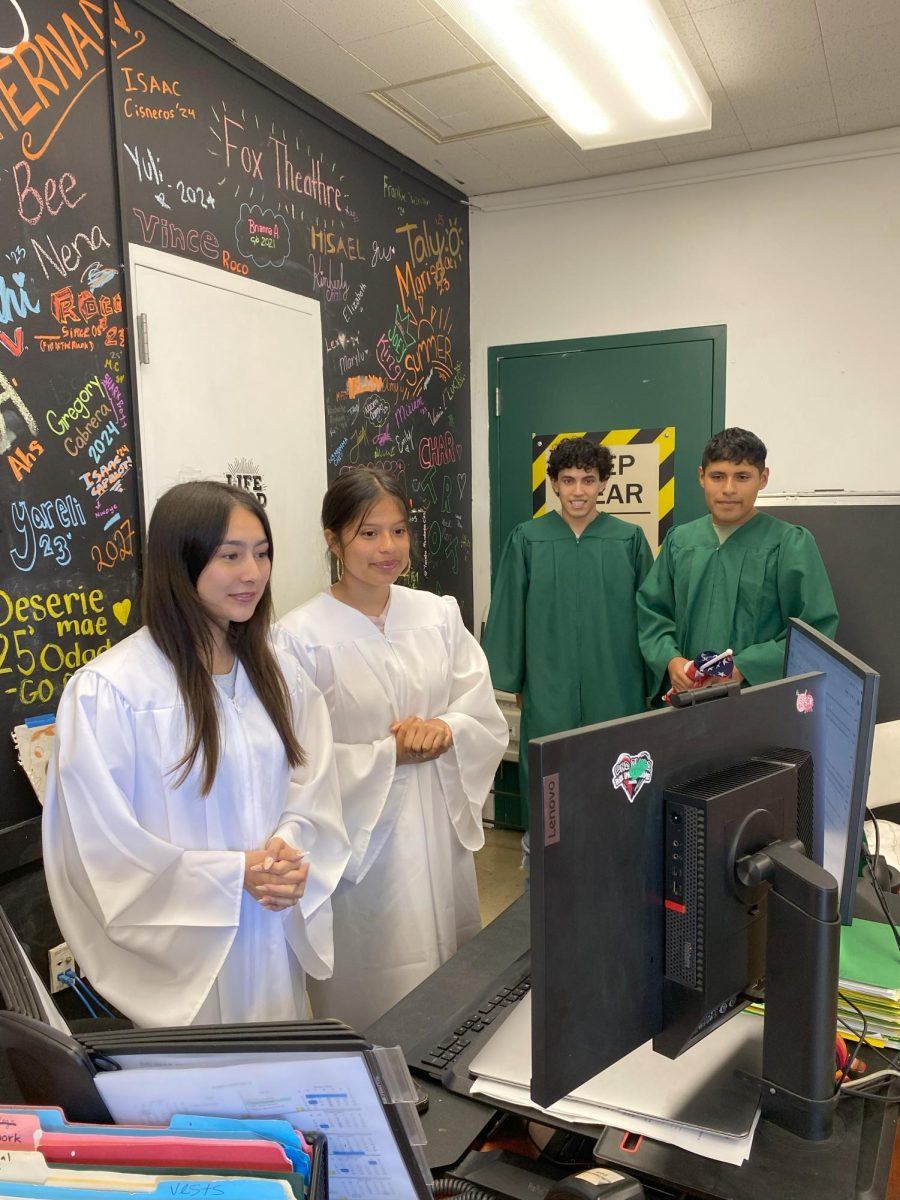

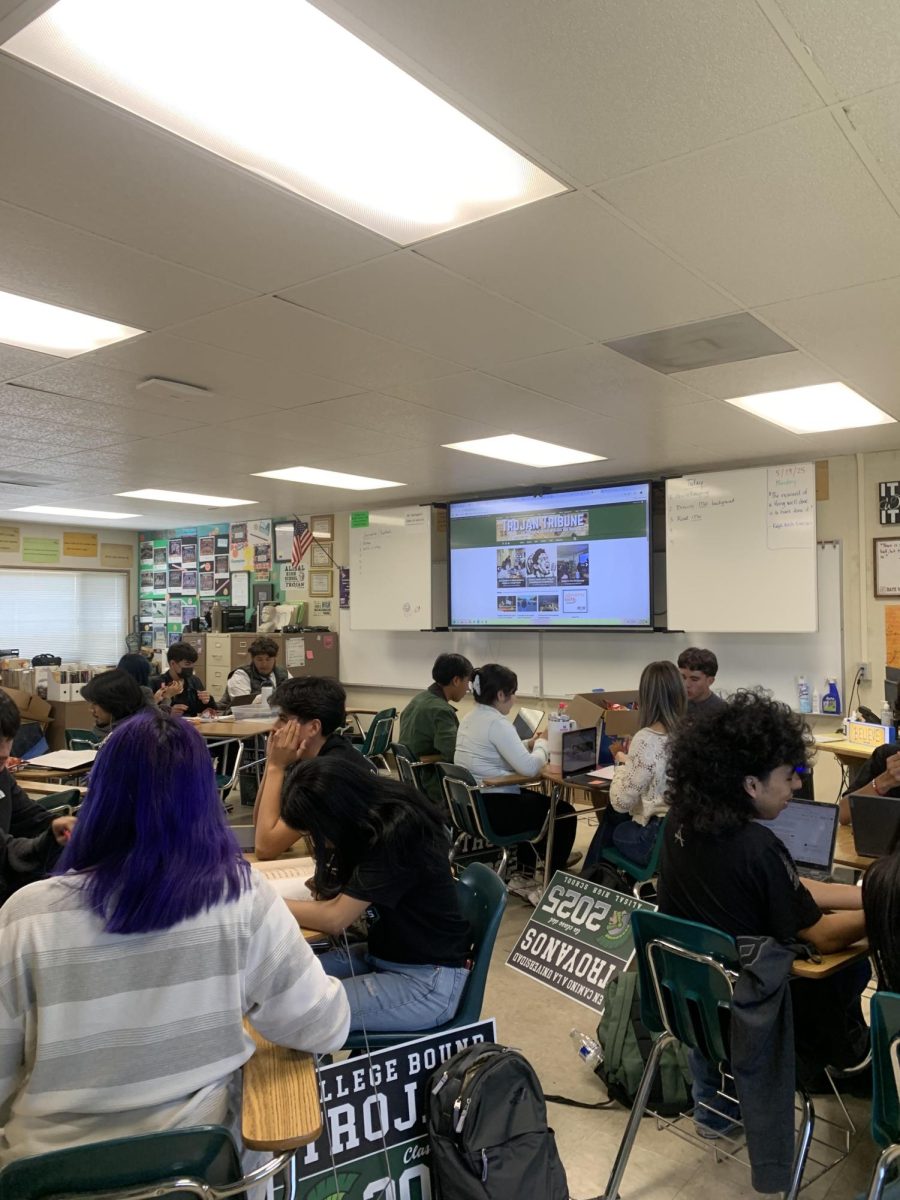

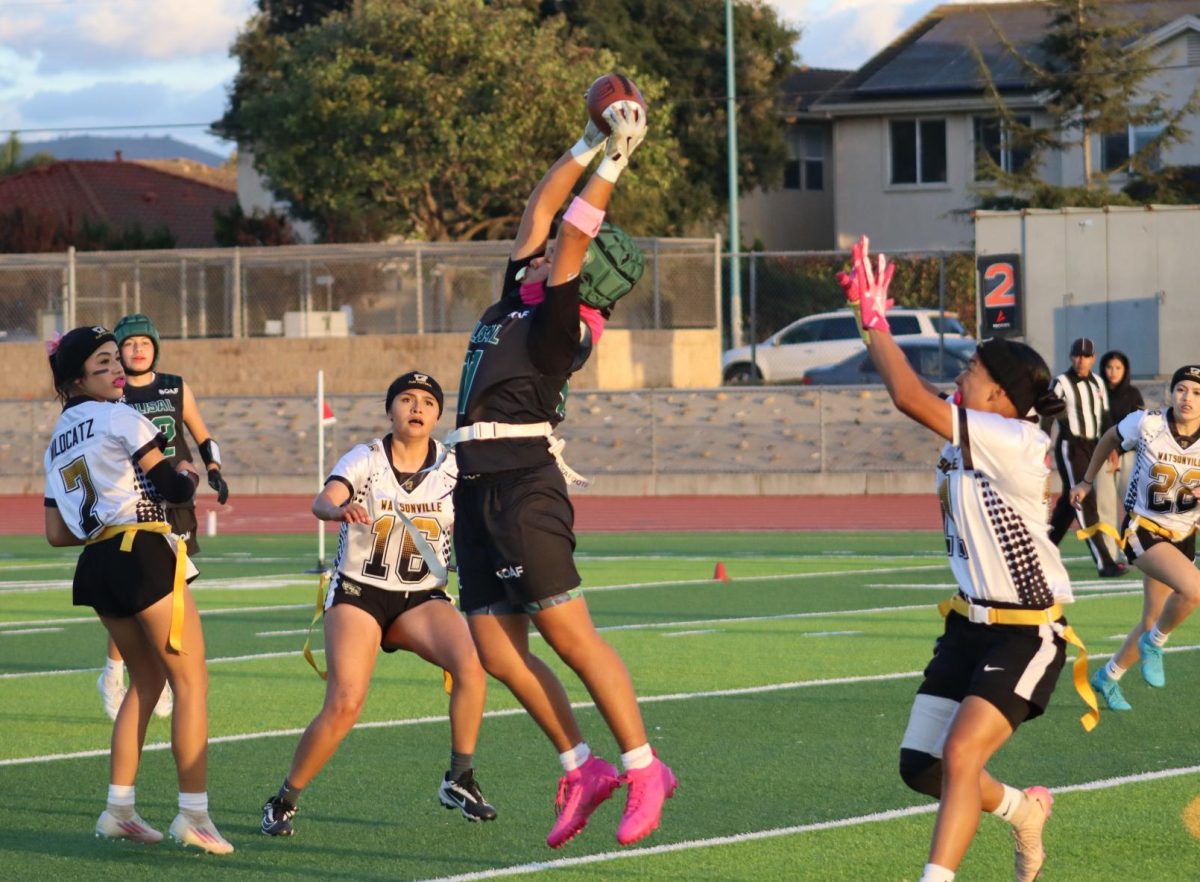
![Senior Jayden Duarte dives across the goal line for one of his five touchdowns in a dominant 62-40 victory over Monterey. It has been a highly successful season for Duarte, and he credits his coaches for putting him in positions to succeed and make key plays. “The goal is to help wherever the coaches need me, receiver, running back, [and] DB,” he said.](https://alisaltrojantribune.com/wp-content/uploads/2025/10/IMG_3599-2-1200x800.jpg)



